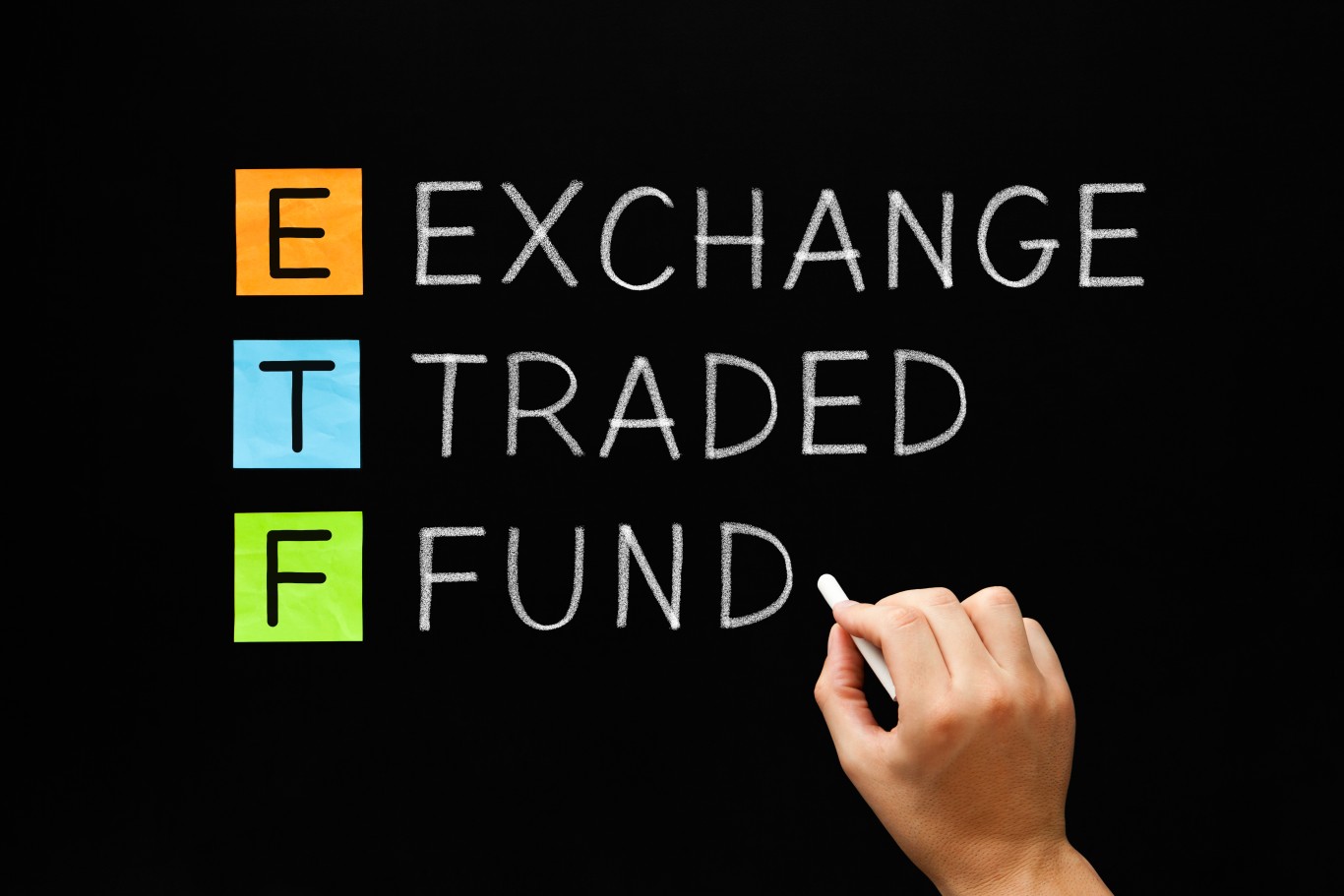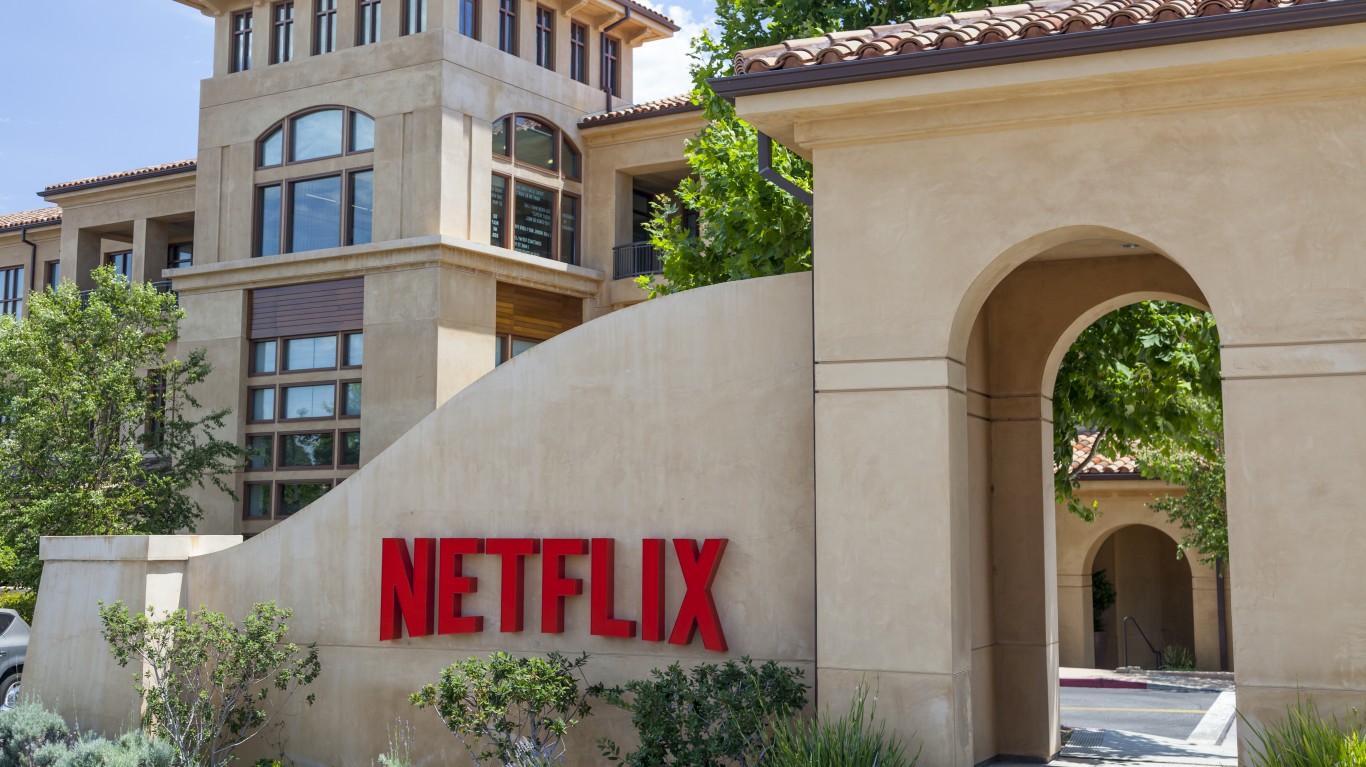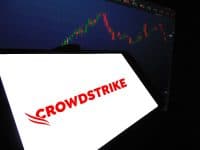
While neither Berkshire Hathaway nor Google pays a dividend, there have been several calls for Google to loosen up and pay out. The recent appointment of Ruth Porat as the company’s chief financial officer (CFO) fueled talk that Google would begin to pay a dividend. Porat is a former CFO of Morgan Stanley.
Google’s share price over the past 12 months is essentially flat, while Apple’s stock has jumped nearly 65% and shares of Facebook Inc. (NASDAQ: FB) are up nearly 38%. The two firms may be Google’s toughest rivals. Apple’s iOS mobile platform competes head to head with Google’s Android platform, and Facebook’s mobile advertising sales are cutting into Google’s share. And remember, mobile is where the advertising growth is now and is expected to remain for the next several years.
ALSO READ: 6 Imminent Big Dividend Hikes
With growth flat and competition rising, calls for a dividend heat up. Google’s hoard totaled nearly $65 billion in cash, equivalents and short-term investments at the end of 2014. Earnings per share have been below expectations in each of the past four quarters.
Free cash flow at the end of the fourth quarter of 2014 totaled about $2.8 billion, and shares outstanding totaled about 681 million. Long-term debt totals just $3.2 billion. At the current share price of around $553, an annual dividend of $10 a share would offer a yield of about 1.8%. At a cost of $2.50 per share per quarter, the company’s free cash flow can easily afford the roughly $1.7 billion quarterly cost.
Apple’s dividend yield is around 1.5%, but Apple’s share price rose about 40% in 2014, compared with a drop of 5% for Google’s share price. Berkshire Hathaway’s class A shares rose nearly 30% last year.
Citigroup analyst Mark May said last week that Google could use its cash pile to make a major acquisition, similar to the deals the company has made in the past for YouTube, DoubleClick and Nest. He did not mention the Motorola Mobility fiasco.
In Churchill’s statement he also noted that the key to what Russia would do was based on Russian national interest. It is likely the same with Google and its self-interest. The company often acts as if it does not care whether the stock price is $1 or $1,000. But investors care, and Google needs to align its own self-interest with that of investors. Paying a dividend may be the simplest and cheapest way to do that.
ALSO READ: Jefferies Franchise Stock Picks to Buy for the Rest of 2015
Thank you for reading! Have some feedback for us?
Contact the 24/7 Wall St. editorial team.



